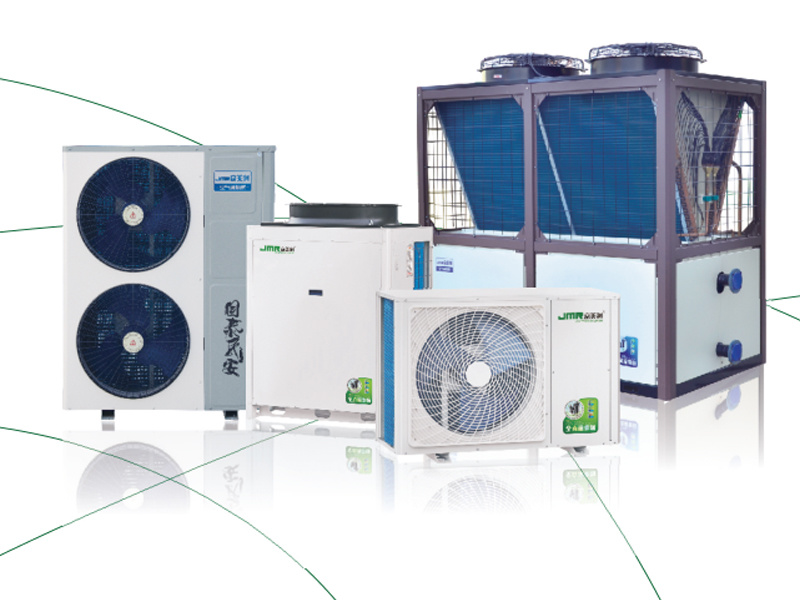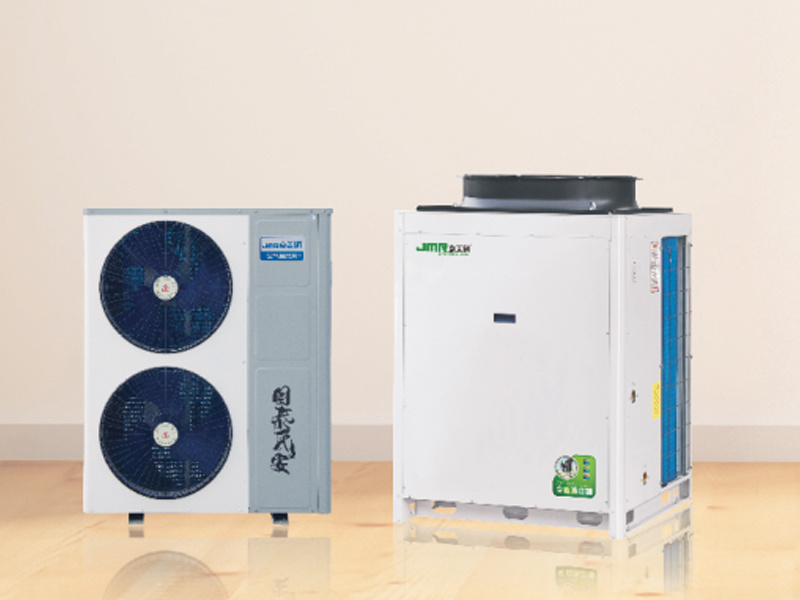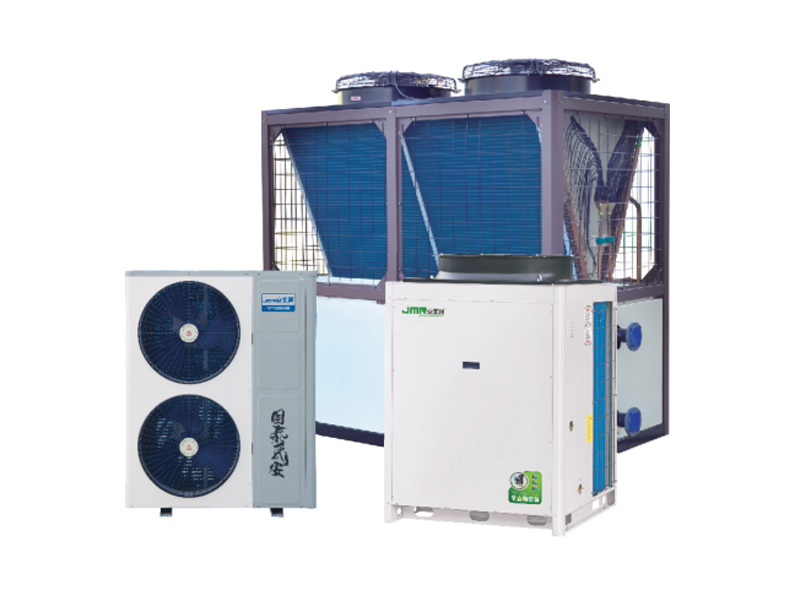The Benefits of Low Temperature Air Source Heat Pumps: A Sustainable Heating Solution
Release Time:
Jul 23,2025
Low temperature air source heat pumps (ASHPs) are becoming increasingly popular as an energy-efficient alternative for heating indoor spaces, particularly in residential settings. They operate by extracting heat from the outside air, even when temperatures drop significantly. This innovative technology relies on the principles of thermodynamics to transfer heat from the outside environment into yo
Low temperature air source heat pumps (ASHPs) are becoming increasingly popular as an energy-efficient alternative for heating indoor spaces, particularly in residential settings. They operate by extracting heat from the outside air, even when temperatures drop significantly. This innovative technology relies on the principles of thermodynamics to transfer heat from the outside environment into your home, making it a sustainable option for heating.
One of the main advantages of low temperature air source heat pumps is their ability to function efficiently in colder climates. Traditional heating systems, such as gas heaters, may struggle to maintain comfortable temperatures in extreme cold, leading to increased energy consumption and higher bills. In contrast, low temperature ASHPs continue to operate effectively at low temperatures, providing consistent warmth without a substantial increase in energy usage.
These systems are designed to work optimally in temperatures as low as -15°C (5°F). By utilizing low temperature ASHPs, homeowners can achieve significant energy savings compared to conventional heating methods. This efficiency is achieved through the pump's ability to generate more heat energy than the electrical energy it consumes, thus providing a higher coefficient of performance (COP). Simply put, for every unit of electricity used, these heat pumps can produce several units of heating energy, leading to reduced energy costs over time.
Another significant benefit of low temperature air source heat pumps is their environmental impact. By relying on renewable energy from the air, they help reduce carbon emissions, making them a greener choice for heating. As the world moves toward sustainable energy solutions, the adoption of such technologies aligns with global efforts to combat climate change and promote energy conservation.
Furthermore, low temperature air source heat pumps require minimal maintenance, making them a convenient option for homeowners. Unlike traditional heating systems that may require fuel deliveries or extensive servicing, ASHPs generally need only occasional cleaning and inspection to ensure their longevity and efficiency.
Incorporating a low temperature air source heat pump into your home heating system can also improve indoor air quality. These systems often come with filtering capabilities, which can help reduce pollutants and allergens, creating a healthier living environment.
In summary, low temperature air source heat pumps present a compelling choice for those looking to enhance their heating systems with a sustainable, efficient, and environmentally friendly solution. As technology continues to advance, these systems are likely to become even more accessible and effective, solidifying their place in energy-conscious households across the globe.
One of the main advantages of low temperature air source heat pumps is their ability to function efficiently in colder climates. Traditional heating systems, such as gas heaters, may struggle to maintain comfortable temperatures in extreme cold, leading to increased energy consumption and higher bills. In contrast, low temperature ASHPs continue to operate effectively at low temperatures, providing consistent warmth without a substantial increase in energy usage.
These systems are designed to work optimally in temperatures as low as -15°C (5°F). By utilizing low temperature ASHPs, homeowners can achieve significant energy savings compared to conventional heating methods. This efficiency is achieved through the pump's ability to generate more heat energy than the electrical energy it consumes, thus providing a higher coefficient of performance (COP). Simply put, for every unit of electricity used, these heat pumps can produce several units of heating energy, leading to reduced energy costs over time.
Another significant benefit of low temperature air source heat pumps is their environmental impact. By relying on renewable energy from the air, they help reduce carbon emissions, making them a greener choice for heating. As the world moves toward sustainable energy solutions, the adoption of such technologies aligns with global efforts to combat climate change and promote energy conservation.
Furthermore, low temperature air source heat pumps require minimal maintenance, making them a convenient option for homeowners. Unlike traditional heating systems that may require fuel deliveries or extensive servicing, ASHPs generally need only occasional cleaning and inspection to ensure their longevity and efficiency.
Incorporating a low temperature air source heat pump into your home heating system can also improve indoor air quality. These systems often come with filtering capabilities, which can help reduce pollutants and allergens, creating a healthier living environment.
In summary, low temperature air source heat pumps present a compelling choice for those looking to enhance their heating systems with a sustainable, efficient, and environmentally friendly solution. As technology continues to advance, these systems are likely to become even more accessible and effective, solidifying their place in energy-conscious households across the globe.
Key words:
What Else Might You Learn?






